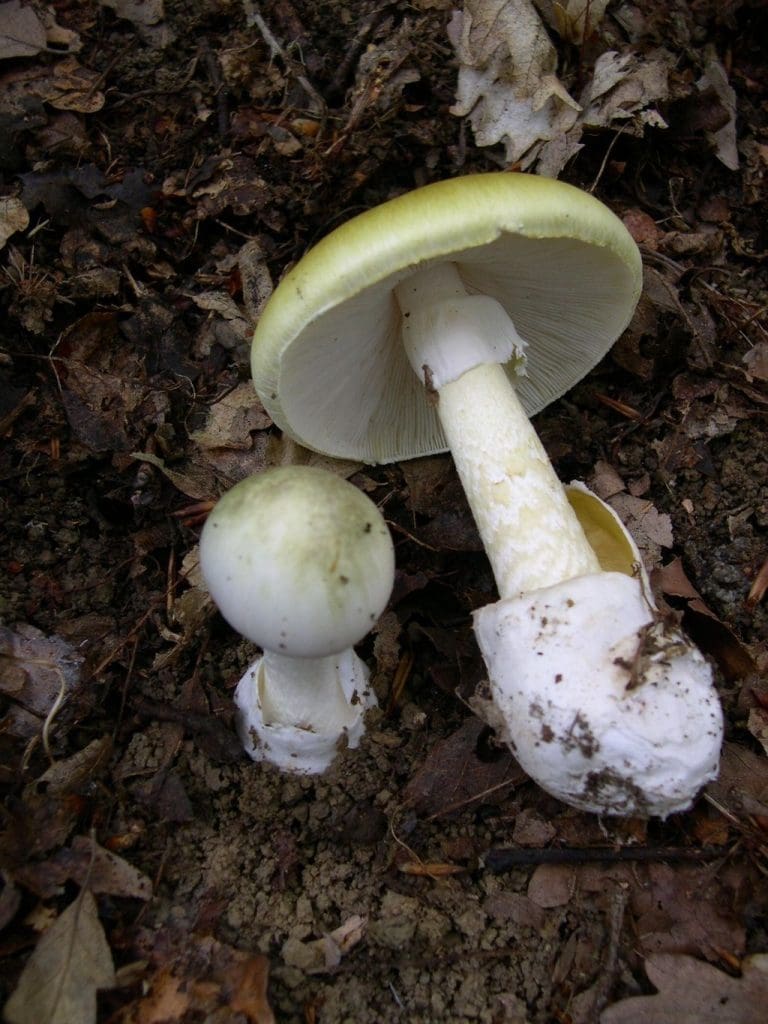Warning about mushroom poisoning: German Liver Foundation urges caution when picking mushrooms
The German Liver Foundation urgently warns of the dangers of mushroom poisoning, which can be triggered in particular by the consumption of unknown or incorrectly identified mushrooms. Although there is no set mushroom season, according to mushroom experts, as mushrooms grow year-round, late summer and autumn are the main time for mushroom pickers due to the weather. But the seemingly harmless experience of nature can have life-threatening consequences, especially due to damage to the liver.
The green mushroom (Amanita phalloides) is considered particularly dangerous and is responsible for over 90 percent of fatal mushroom poisonings in Germany. Its venom, ╬▒-amanitin, can trigger acute liver failure even in small quantities ŌĆō five to 50 grams of fresh mushroom in adults, and even less in children and the elderly. The heat-stable toxins reach the liver via the bloodstream and can cause severe damage there.

Mushroom experts emphasize that many conventional methods of identifying mushrooms are unreliable. Neither discoloration of silver spoons or onions nor traces of eating by animals provide information about the non-toxicity of a mushroom. Even the highly poisonous green tuberous mushroom is tolerated by snails. Even mushroom identification books or apps are often not enough to reliably distinguish species, as many mushrooms are difficult to identify from photos.
The German Liver Foundation advises only eating mushrooms whose species is clearly determined. Inexperienced collectors should contact mushroom experts or use tested edible mushrooms from the trade. Guided excursions with experts or inspections by specially trained mushroom experts, who can be found through the German Society for Mycology, offer additional security. Many cities are also setting up counselling centres, the contact details of which can be obtained from municipal administrations.
Symptoms of mushroom poisoning, such as nausea, vomiting, diarrhea, sweating, or lightheadedness, may be delayed, making diagnosis difficult. What is particularly insidious is that the toxins often only take effect hours after consumption, when they have already damaged the liver. Those affected should seek medical help immediately or contact a poison control center. Leftovers from the mushroom meal or vomit should be kept for diagnosis. Without rapid treatment, progressive liver or multi-organ failure can only be stopped by a liver transplant.
The German Liver Foundation is committed to educating people about liver diseases and promotes research to improve patient care. More information is available on the Foundation’s website.
Editor: X-Press Journalistenb├╝ro GbR
Gender Notice. The personal designations used in this text always refer equally to female, male and diverse persons. Double/triple naming and gendered designations are used for better readability. ected.




